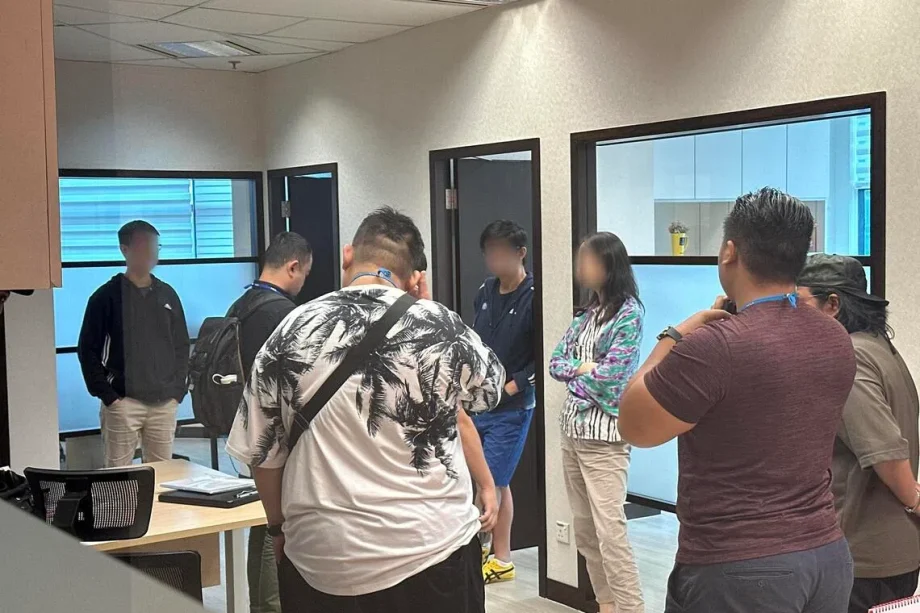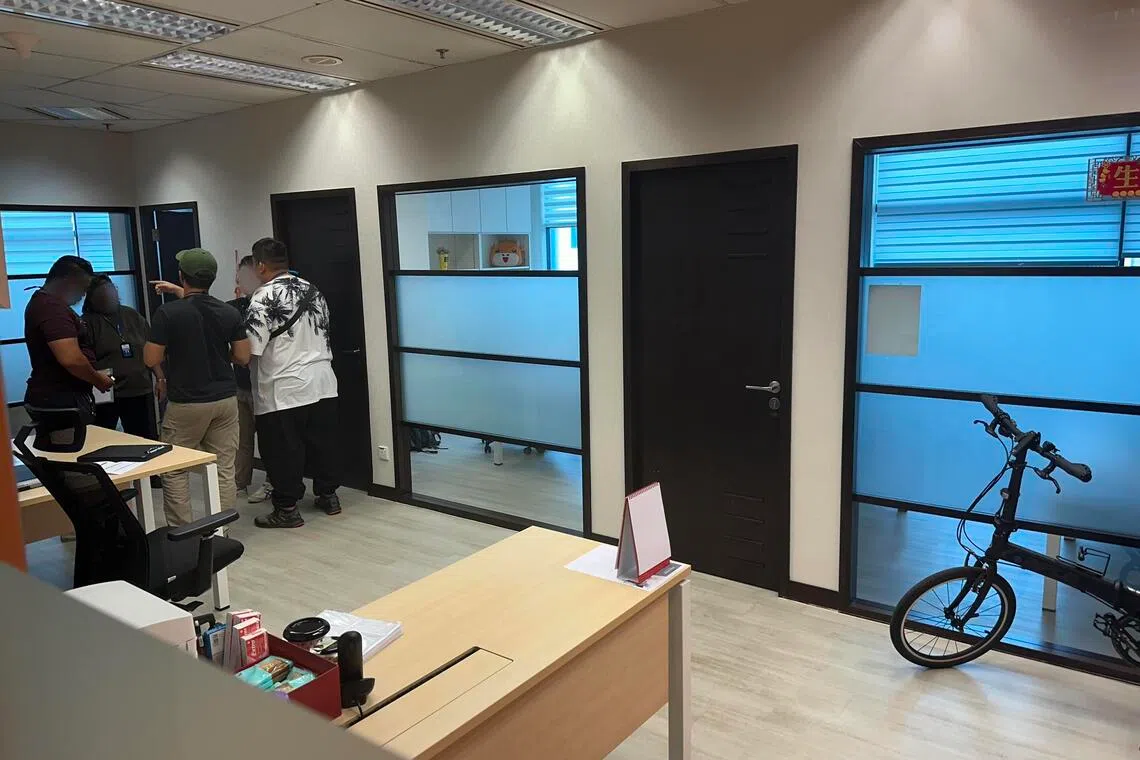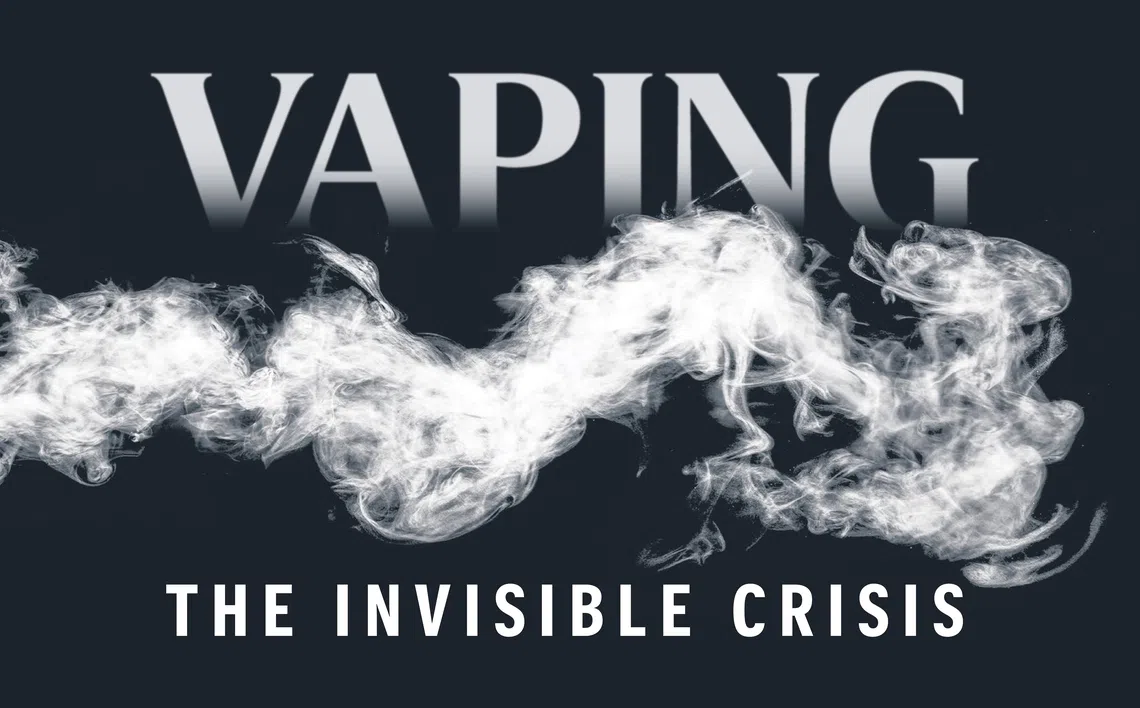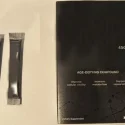SINGAPORE – The tough anti-vape measures introduced in Singapore from Sept 1 have seen a global firm with links to the e-vaporiser trade shutter its office in the central business district.
Holding company Hellow SG, which offered administrative services and was exposed by The Straits Times as a subsidiary of China-based vape producer Relx International, was “struck off” on Sept 30, 2025, according to Accounting and Corporate Regulatory Authority (Acra) records.
The firm, which was registered here in 2019, is not the first linked to the vape trade to exit Singapore.
American e-cigarette manufacturer Juul Lab, which had its regional headquarters here, left after it went into liquidation in July 2024.
Professor Teo Yik Ying, dean of the Saw Swee Hock School of Public Health at the National University of Singapore, told ST that the business environment for vape companies operating here may have become unfavourable.
Prof Teo said: “I believe (it has become less conducive) since the announcement by PM Wong during the National Day Rally of Singapore adopting a whole-of-government approach against vaping… This would extend to reducing the commercial footprint of vapes in Singapore.
“This also aligns with the overall principles of rejecting vapes in Singapore, that we do not endorse their presence in the country completely.”
Prime Minister Lawrence Wong said in his
National Day Rally
speech on Aug 17, 2025 that vaping will be treated as a drug issue, with stiffer penalties imposed.
implemented stricter measures
from Sept 1, 2025, with higher fines for abusers and harsher penalties for suppliers.
The anaesthetic agent etomidate, which is being abused through vapes known as Kpods,
has also been classified as a Class C drug.
Lawyer N. Kanagavijayan said vape companies may be concerned about the implications of monies they receive from their trade, including sales to jurisdictions in the region where vaping is allowed and regulated.








